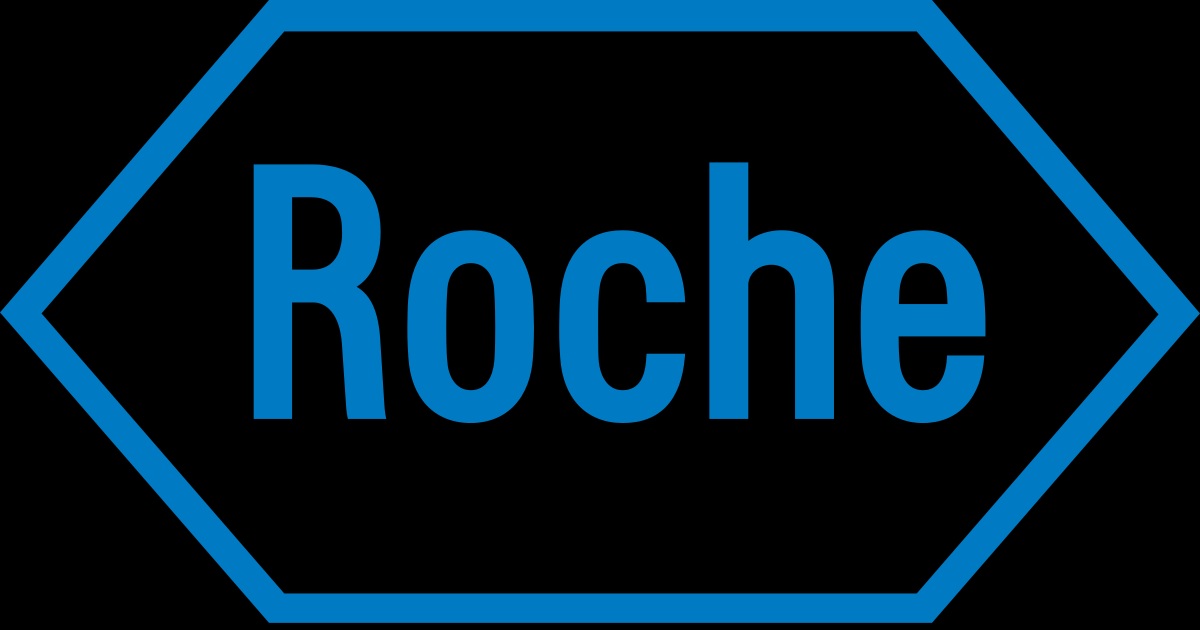Roche gets first checkpoint inhibitor OK in breast cancer
Pharmaphorum Media Limited | March 11, 2019

Roche’s Tecentriq was the third PD-1/PD-L1 inhibitor to reach the market but is the first in class to be approved for any form of breast cancer. PD-L1 inhibitor Tecentriq (atezolizumab) has been cleared by the FDA for advanced triple-negative breast cancer (TNBC), in combination with Celgene’s chemotherapy drug Abraxane (nab-paclitaxel), in patients with locally advanced or metastatic PD-L1-positive tumors. The green light comes after a six-month priority review by the FDSA and is a big step up for Roche’s drug, which has the opportunity to build a presence in breast cancer ahead of earlier-to-market blockbusters Opdivo (nivolumab) from Bristol-Myers Squibb and Keytruda (pembrolizumab) from Merck & Co/MSD. TNBC is seen in around 10%-20% of all breast cancers and means that the tumor tests negative for oestrogen and progesterone receptors as well as HER2 protein, and so are unlikely to respond to hormonal therapy or anti-HER2 drugs. That means chemotherapy is the primary option, although some patients with BRCA-mutated tumors can be treated with PARP inhibitors – namely AstraZeneca’s Lynparza olaparib) and Pfizer’s Talzenna (talazoparib).